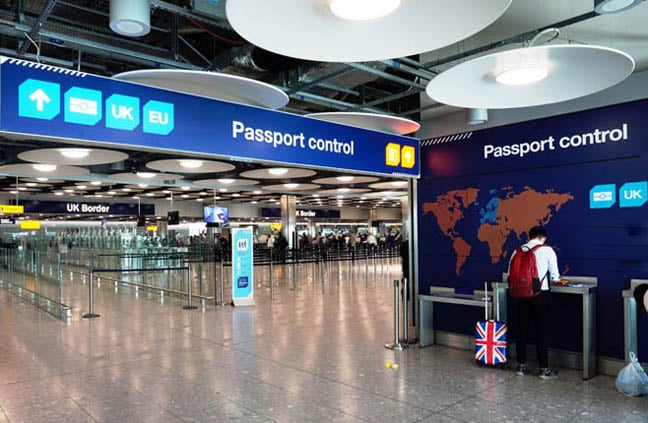
"Non-EU citizens over the age of 11 will have to register their fingerprints, facial images, and passports on reaching a Schengen border, creating a free-of-charge EES record that will be retained for three years. Those with records will then provide a fingerprint or facial scan when crossing a Schengen border, in many cases replacing the current system where border guards eyeball passengers and ending the practice of getting your passport stamped with a picture of a plane, train, or boat."
"Travelers including Britons and Americans visiting most European countries will have to register their fingerprints and faces under a system that goes live next month. The European Union will phase in its Entry/Exit System ( EES) between October 12 and April 10. It covers short-term travel by non-EU citizens to the 29 Schengen area countries that share border controls. The area includes all EU countries plus Iceland, Norway, and Switzerland, but not Cyprus and the Republic of Ireland."
The European Union will phase in the Entry/Exit System (EES) between October 12 and April 10 for short-term travel by non-EU citizens to the 29 Schengen area countries. Non-EU citizens aged over 11 must register fingerprints, facial images, and passports on arrival, creating a free-of-charge EES record kept for three years or five years if no exit is recorded. Travelers will present biometric scans at borders instead of routine passport stamping and visual checks. The system will collect passport data, entry and exit dates and places, and refusal information, and will be operated by eu-LISA from Tallinn, Estonia.
Read at Theregister
Unable to calculate read time
Collection
[
|
...
]